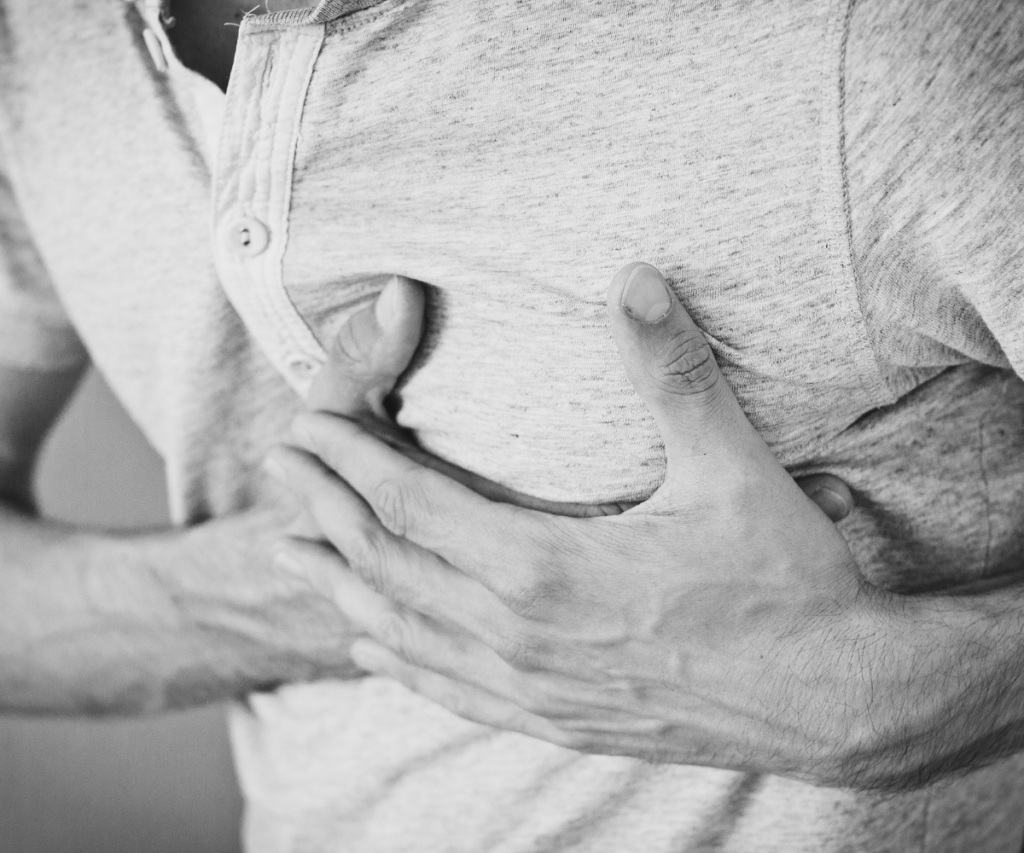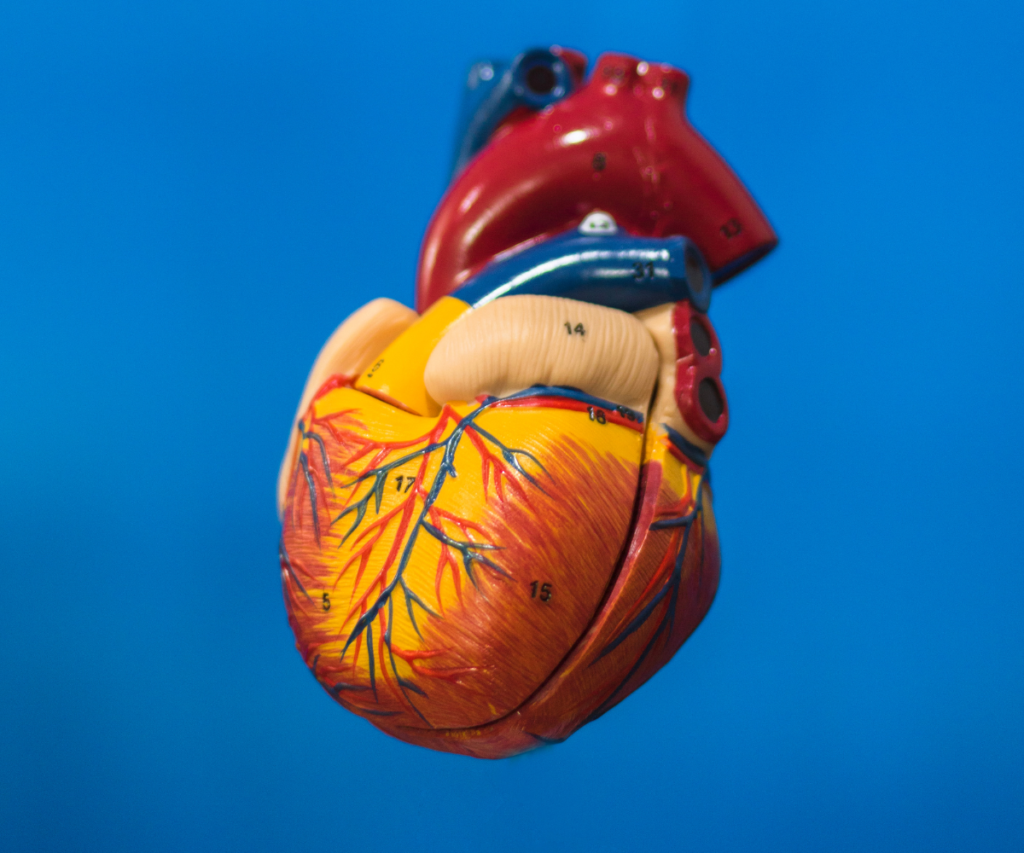Introduction:
Coping with fear after a heart attack is an essential part of recovery, as the emotional impact can be as significant as the physical effects. Survivors often experience persistent anxiety, stress, and fear that can interfere with daily life, sleep, and overall well-being.

Julie Iacovelli, 31, experienced a sudden heart attack despite being young, healthy, and active. After returning home from treatment, even minor sensations—like a twinge in her chest or an unusual breath—could trigger overwhelming anxiety. Her experience highlights the challenges many heart attack survivors face and underscores the importance of strategies to manage post-heart attack fear effectively.
Understanding and Coping with Fear After a Heart Attack
Survivors often experience anxiety, post-traumatic stress, and even depression after a cardiac event. Psychological stress after a heart attack can affect physical recovery and increase the risk of future cardiac problems.
- Up to half of heart attack survivors report anxiety or post-traumatic stress.
- Up to one-third experience depression, which can reduce motivation for lifestyle changes, exercise, and medication adherence.
- Fear can manifest as hyper-vigilance to body sensations, repeated emergency calls, and sleep disturbances.
Recognizing that this fear is common can help survivors understand they are not alone and encourage them to seek support.
How Fear and Stress Impact Recovery After a Heart Attack
Fear and anxiety are not just emotional—they can have physiological consequences:
- Depression and stress can increase inflammation and blood clot formation, affecting heart health.
- Anxiety can limit physical activity, preventing survivors from safely exercising and regaining strength.
- Stress may disrupt sleep, weaken immune function, and interfere with recovery.
Understanding these links emphasizes why managing fear is a crucial part of post-heart attack care. Coping with fear after a heart attack.https://www.youtube.com/watch?v=iyQxkGbgTcA
Practical Strategies to Cope with Fear

Cardiac Rehab
Participating in cardiac rehabilitation programs provides medically supervised exercise, counseling, and education. Rehab offers:
- Safe exercise routines with professional monitoring
- Mental health screenings to identify anxiety and depression
- Peer support, allowing survivors to see that others share similar challenges
Mindfulness and Therapy
Cognitive behavioral therapy (CBT) and mindfulness techniques help survivors differentiate realistic risks from irrational fears. Techniques include:
- Grounding exercises
- Breathing and relaxation strategies
- Structured coping routines for triggers
Medication Support
When necessary, antidepressants or anti-anxiety medications can support recovery, allowing survivors to engage in therapy and daily life with more confidence. Coping with fear after a heart attack.
Family and Caregiver Support
Caregivers play a crucial role by:
- Encouraging survivors to focus on strengths and achievements
- Helping implement coping strategies
- Providing emotional support during setbacks
Real-Life Experiences: Lessons From Survivors

Julie Iacovelli’s story illustrates the reality of post-heart attack fear:
- She initially experienced panic over minor bodily sensations.
- Cardiac rehab helped her regain confidence in her physical abilities.
- Therapy and medication supported her mental health recovery.
- Support from her boyfriend and community reinforced her resilience.
Sharing personal stories can help normalize the experience for other survivors and provide practical insights into coping strategies. Coping with fear after a heart attack.
Preventing Fear From Limiting Life
Fear after a heart attack can lead survivors to avoid activities that promote recovery. Strategies to prevent this include:
- Clear communication with healthcare providers about safe physical activity
- Structured exercise plans and gradual exposure to activities previously avoided
- Building a routine that balances rest, activity, and self-care
- Engaging in support groups or peer networks for encouragement
Long-Term Recovery and Mental Resilience
Recovery is ongoing. Survivors benefit from:
- Regular follow-ups with healthcare providers
- Maintaining mental health through therapy, mindfulness, and support systems
- Recognizing triggers and proactively using coping strategies
- Celebrating progress to reinforce confidence and resilience

By integrating these approaches, survivors can manage fear effectively, reduce the risk of complications, and improve quality of life.




